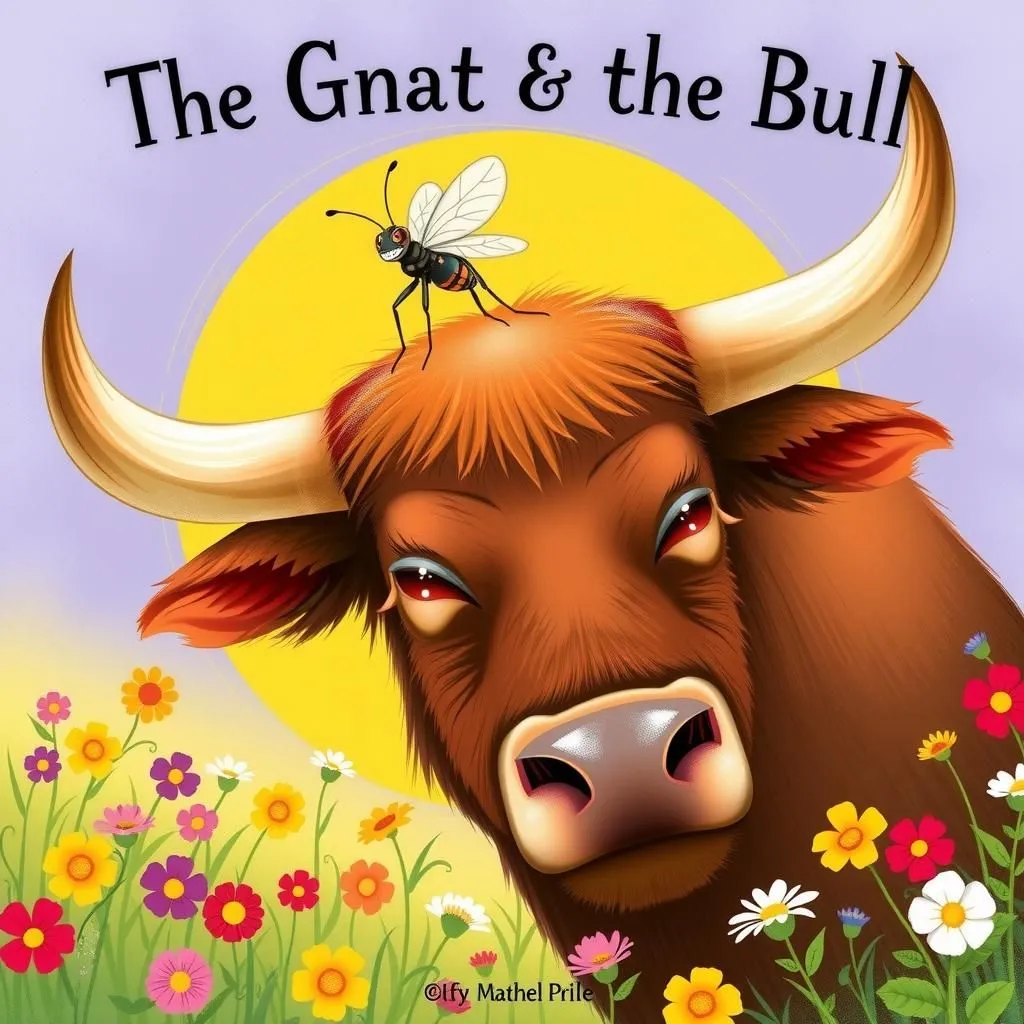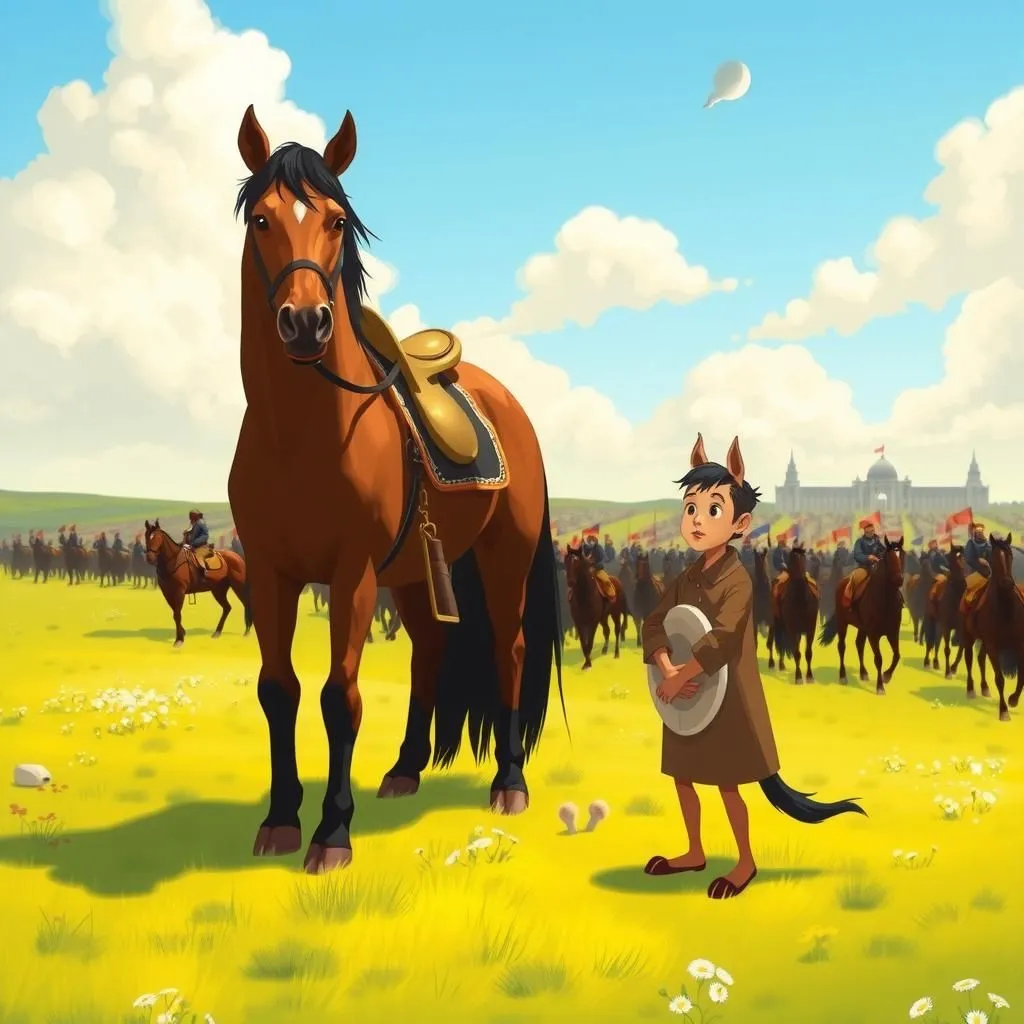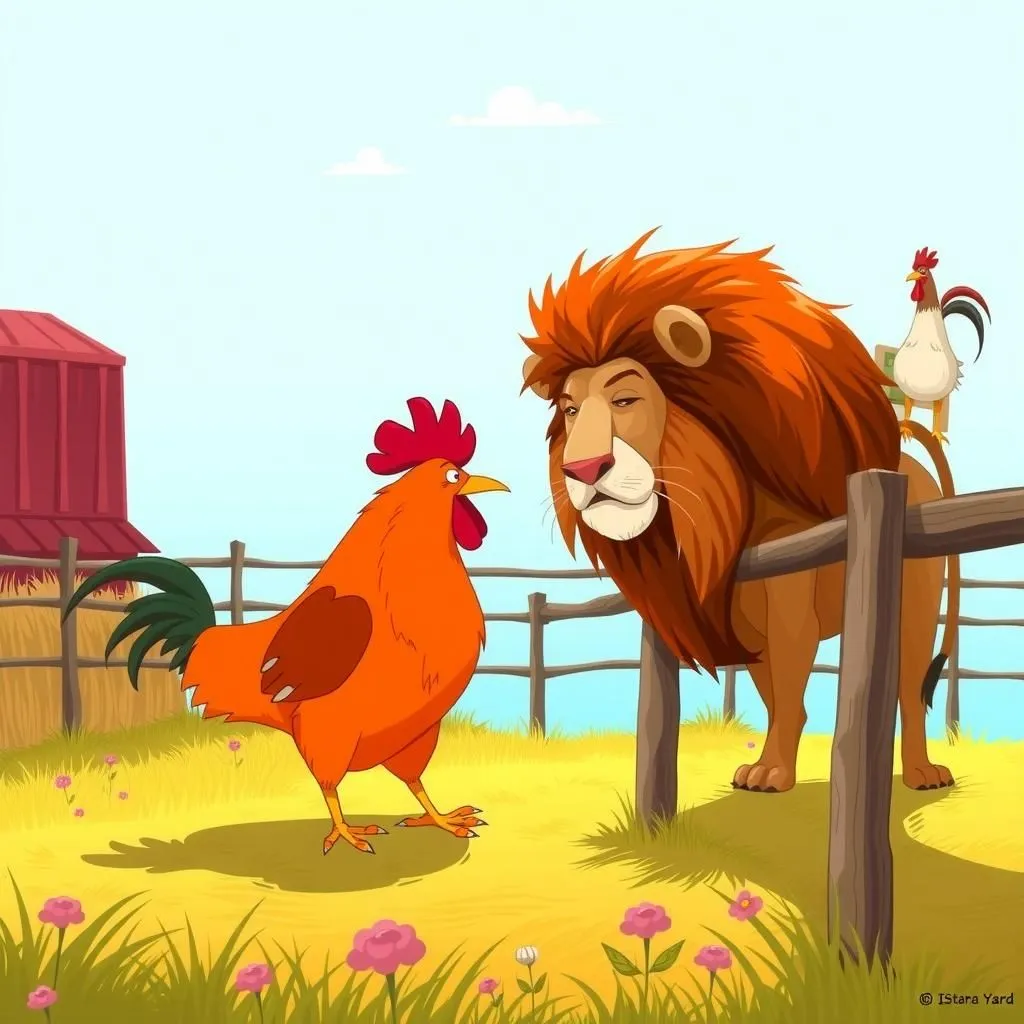
The Gnat and the Bull
In "The Gnat and the Bull," a gnat perches on a bull's horn, feeling significant and inquires if the bull would miss him upon his departure. The bull, unaware of the gnat's presence, replies that he wouldn't even notice, illustrating a thought-provoking moral about how some individuals overestimate their importance to others. This engaging moral tale serves as a reminder that, in the grand scheme of things, our perceived significance may not match reality, making it a valuable addition to childhood stories with moral lessons.


